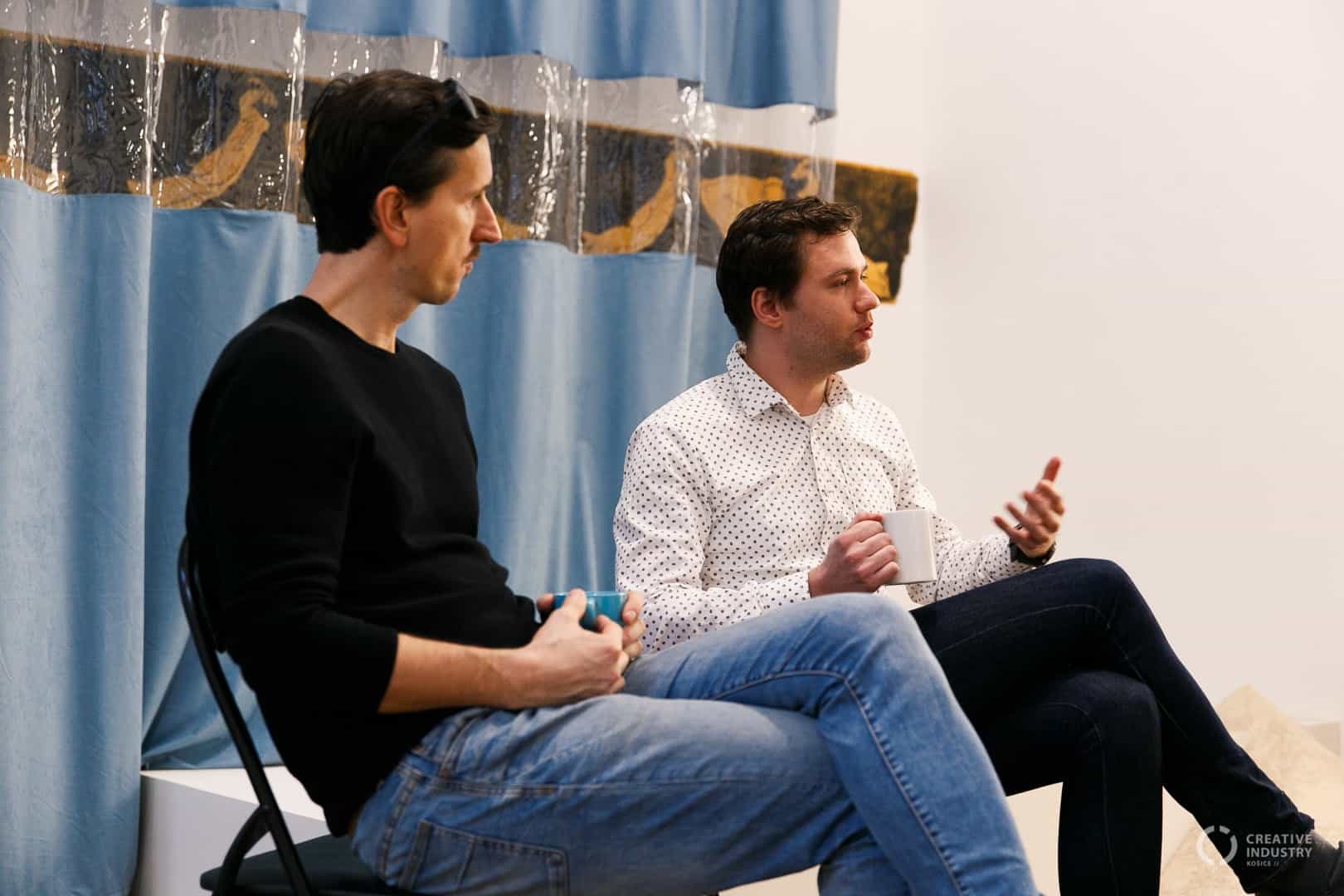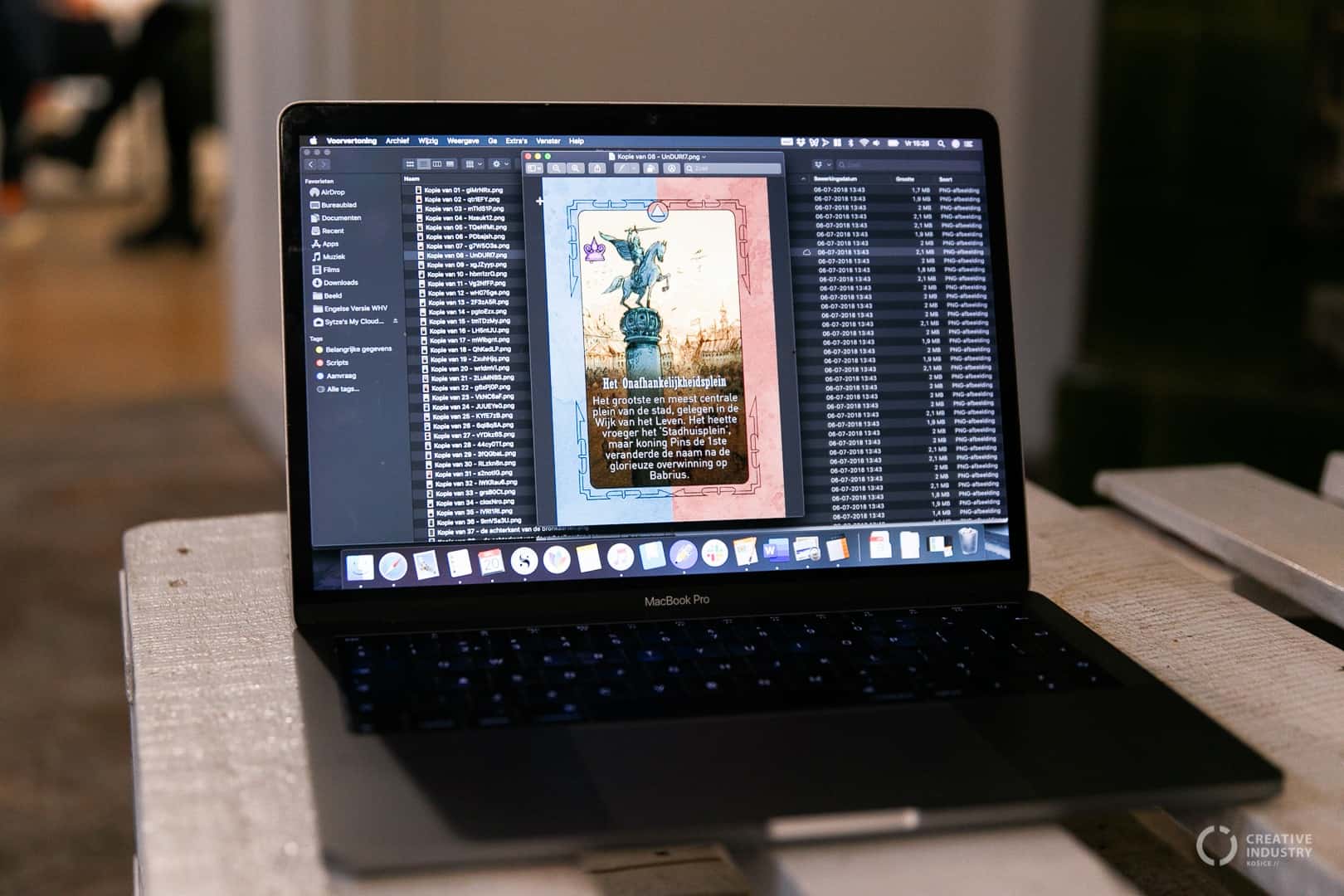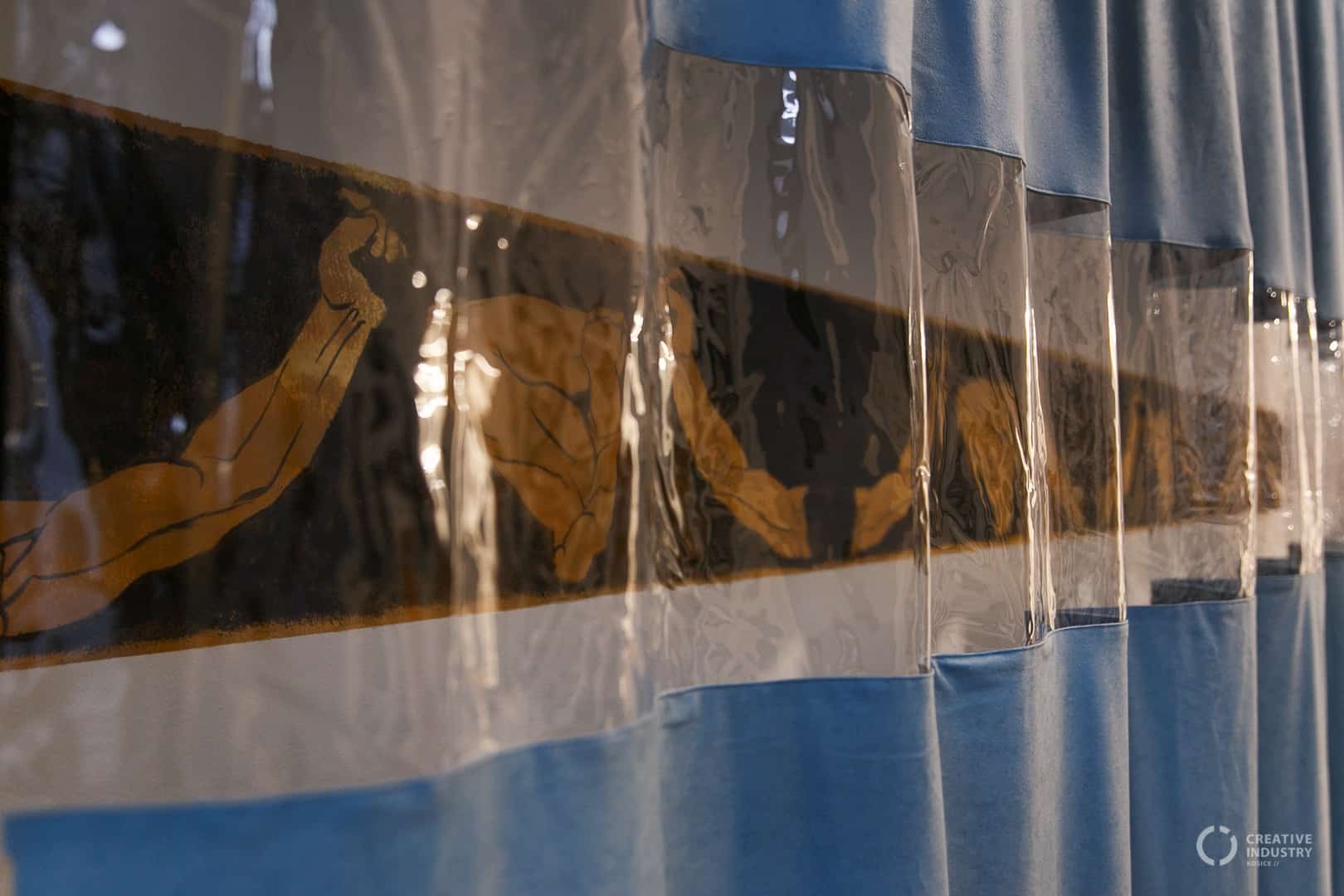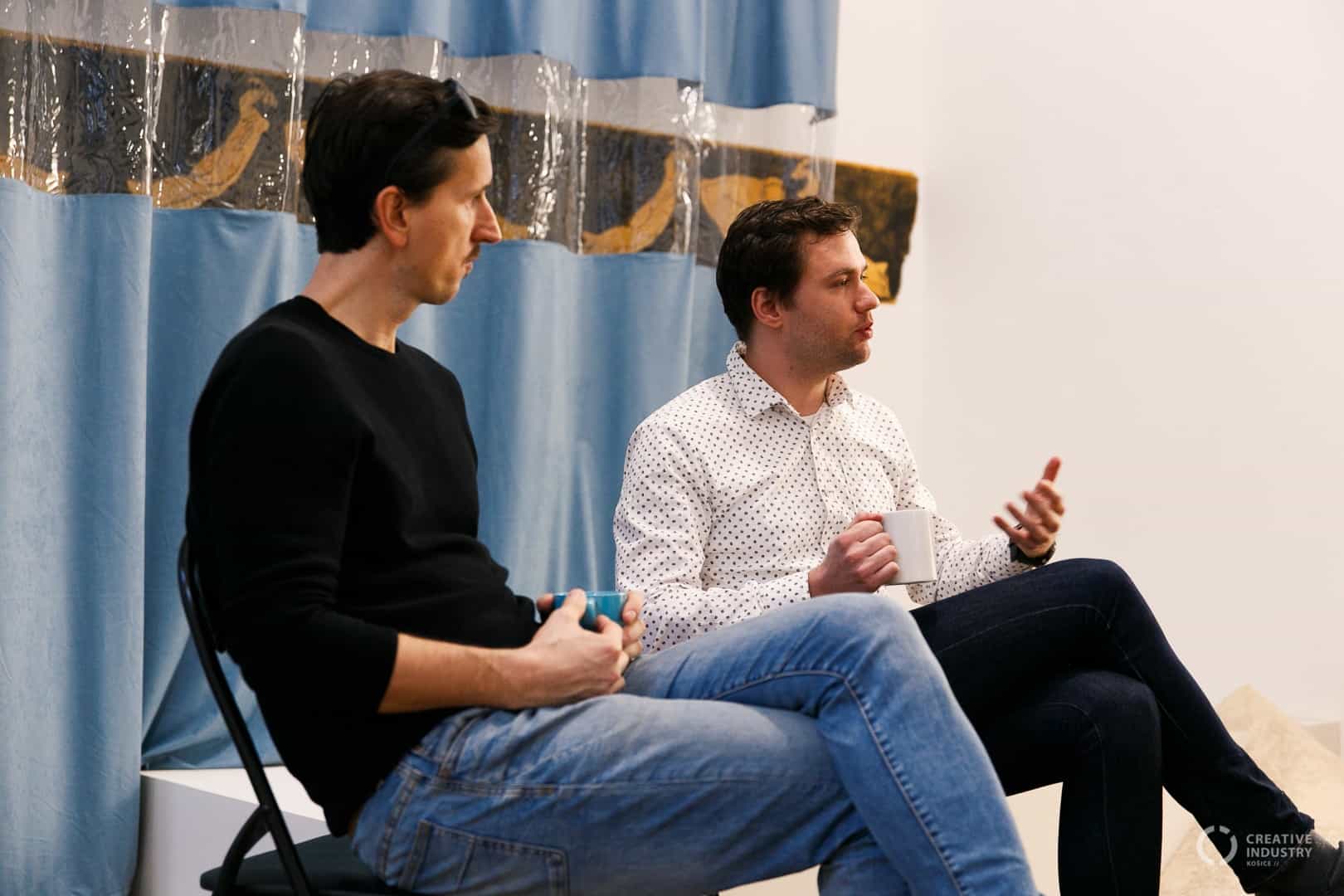How much can a politician influence voters? What power do people have in elections, and what are their decisions based on? What is a democracy, how to recognize those who vote for populist parties, which election topics are crucial, and are artificially created? Artists Sytze Schalk from the Netherlands and Peter Kočiš from the theater NA PERÓNE will showcase their unconventional theater to Slovak students and the public this February.
In their performance, they combine a card game with a theater. They want to show the relationship between politicians and citizens to first-time voters. They’ll talk about democracy, populism, elections, migrants, and LGBT. The plot is set in an imaginary European country where elections are about to take place, and refugees are one of the major topics. The player decides how his political candidates present themselves to citizens. Are they mainly interested in publicity? Are they homophobic or tolerant? What is their attitude towards refugees, minorities and how does it affect people? Sytze explains that the whole performance is a simulation of elections, which logically implies that the more xenophobic politicians are, the more xenophobic the society is.
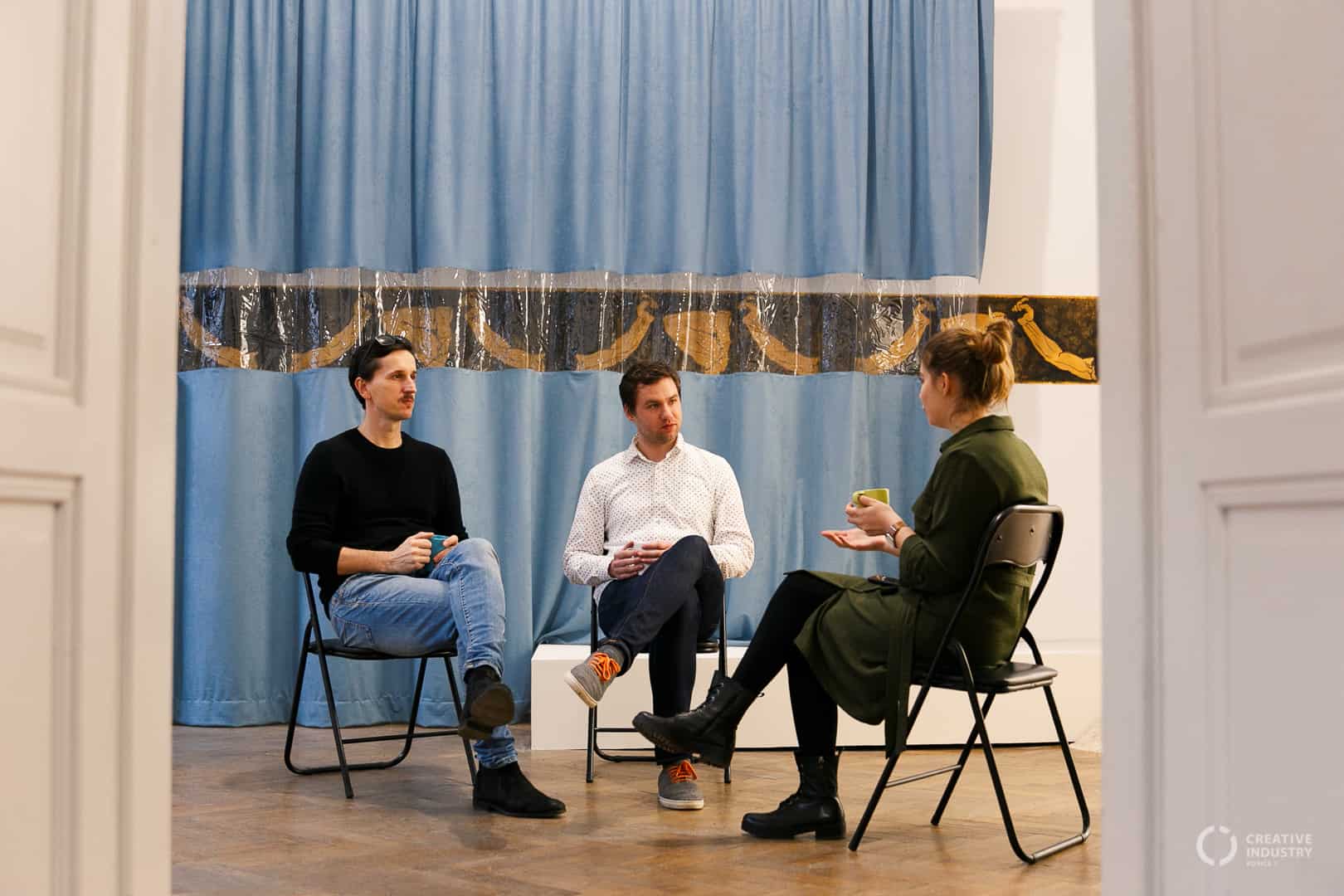
Extremism in the Netherlands and Slovakia
They are both teachers, and they often compare political awareness among students in their countries. They agree on one fundamental difference: “Dutch extremists have transformed their speech and appearance. Today, the same ideas are presented in a much more subtle and conservative way,” says Sytze. Peter adds: “We had it like this in the ‘90s when the mafia ruled Slovakia. Today, the same people are considered controversial entrepreneurs. Extremists are still quite easy to differentiate here, even though their rhetoric has also undergone some change.” Social networks have become the main source of information for young people. These are often only shallow reports that they don’t investigate further, and they usually end up voting for the easiest and simplest choice.
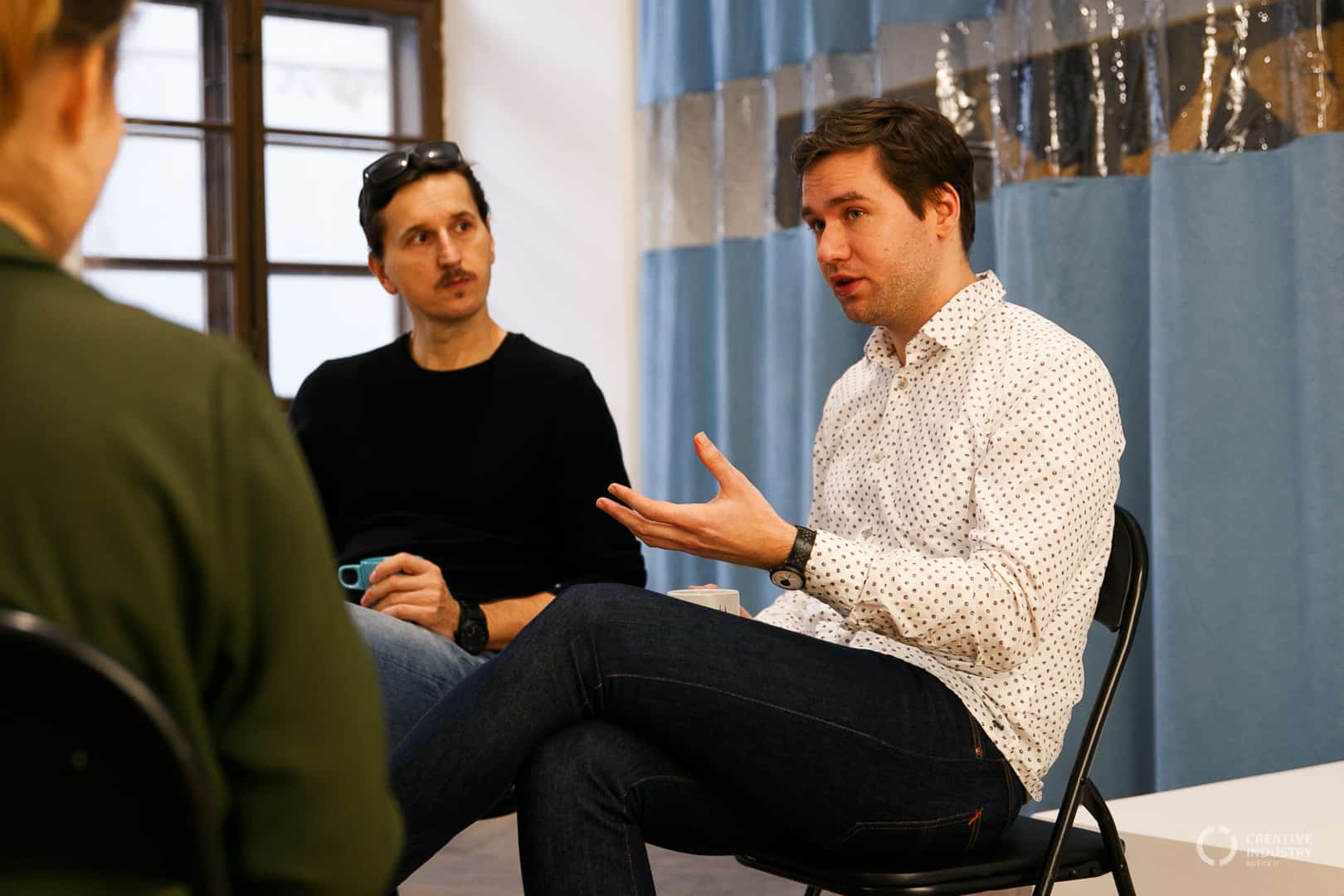
“Everything is changing rapidly, and we cannot just passively observe it. With this game, we want to show students that what politicians often do is just a game between them and people. They often say something that isn’t really true, to win at the end.”
PETER KOČIŠ
Catch their attention
They decided that the performance won’t take place in classrooms but rather in cultural centers around Slovakia. “We decided like this because the school environment is totally unsuitable for creating the right atmosphere. Students would come, and they’d be glad that they missed some class. But they would absolutely not focus on what they see,” they both agree. Peter and Sytze prefer smaller groups because they believe that a more intense experience will have a much greater effect. “It is impossible to have 700 students in the audience and touch all of their hearts. I know that from my own experience. We want the game to be truly usable and adaptable to Slovak society,” says Peter.
In a pair
When two people are behind the preparation of a screenplay for the performance, it has some benefits. They describe their tasks very simply. Sytze writes the screenplay, and Peter reminds him of the director’s point of view. He has to work with actors and set the game into space. “I am thrilled to have an impact on the screenplay at this stage because I can decide how things will fit together so that I don’t have to come up with something out of the blue,” Peter adds. They already have a selection of artists to work with on the visual side of the card game.
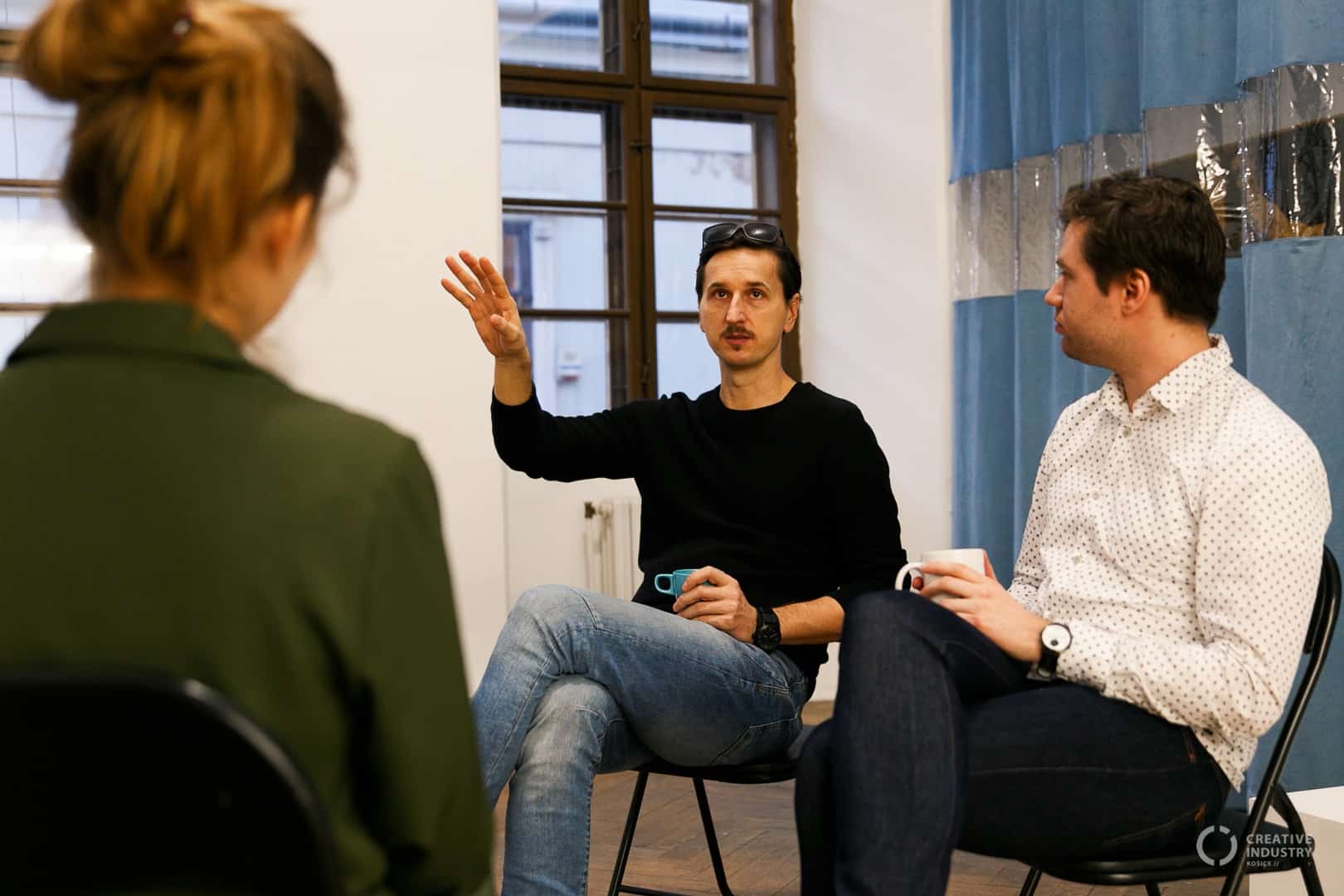
“When we look at Europe and the whole world, the crisis is almost everywhere. It’s too easy to say that Trump is an idiot or that Brexit is stupid. This is fascinating because almost all the discussions being held are about politicians; how they should or should not behave. I care about people and how they make decisions and why they vote for them.”
SYTZE SCHALK
Only people represent hope
Politicians are often described as a new hope for the country. This applies to Slovakia, the Netherlands, and any other country. Sytze disagrees. Hope depends on the citizen’s choice and who they give their vote to. “Society is not powerless because we always make decisions in a democracy. To make a responsible decision, we first need to know what it means to be a citizen and why democracy is good. This is not about different perspectives. The election is not about whether you are for or against migrants or LGBT communities. It’s about what kind of society you want to live in,” he adds.
Peter says that based on the media and recent events in the Slovak political scene, Slovakia seems to be a terrible country. “But I still believe that we are really good people deep down. Perhaps it is also thanks to Nazism, Communism, or the era of former prime minister Vladimír Mečiar. Thanks to them, we know that together we can fight for the greater good. It is easy to judge students and criticize their lack of knowledge. But we, parents, grandparents, teachers, older friends, journalists, and artists, have a responsibility to give them knowledge and information. We have to continually build morality in society because if we lose it, then there will be the real fear,” concludes Peter.
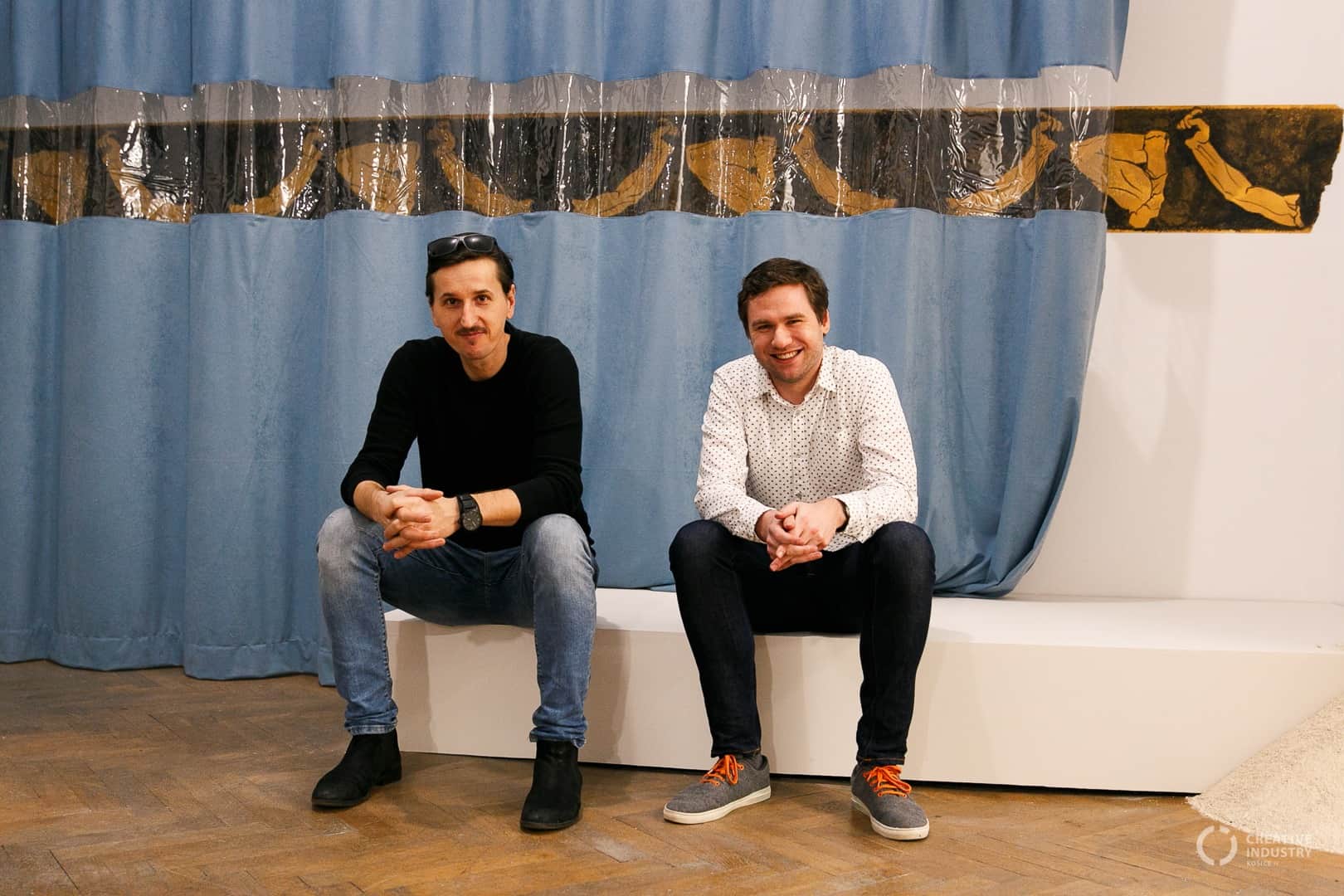
Peter and Sytze got to know each other through our Borderline Offensive program, where they invented this theatre piece. However, due to higher financial demands, it didn’t get supported. They decided to try fundraising, and they managed to get enough money. Thanks to this, students all over Slovakia will see a special theater performance in February. The interview took place in Šopa Gallery at the exhibition Innocent Eyes, Weak Arm by Emilia Kina and Filip Rybowski.

